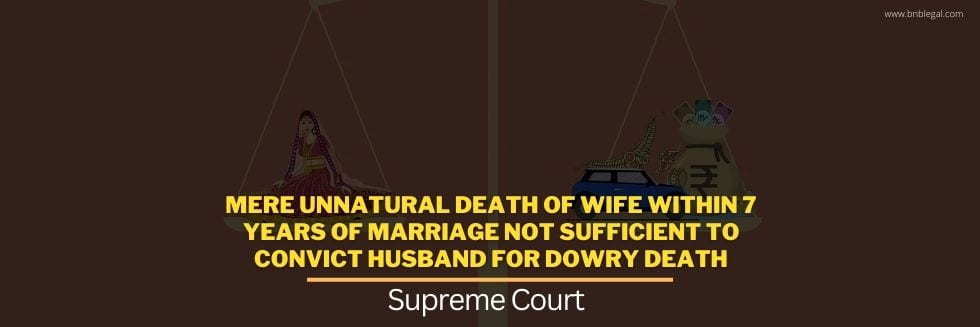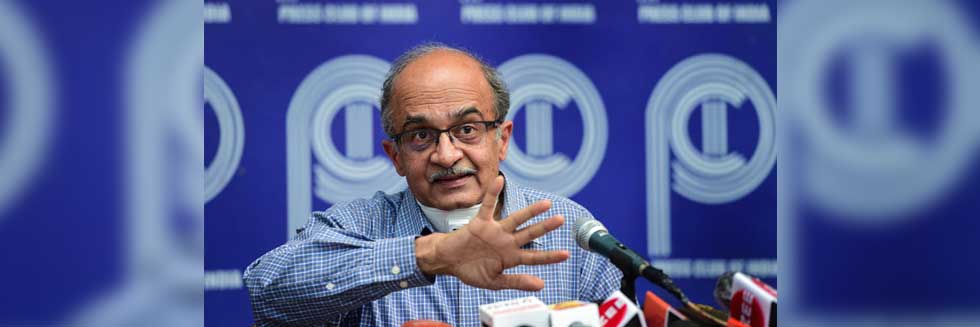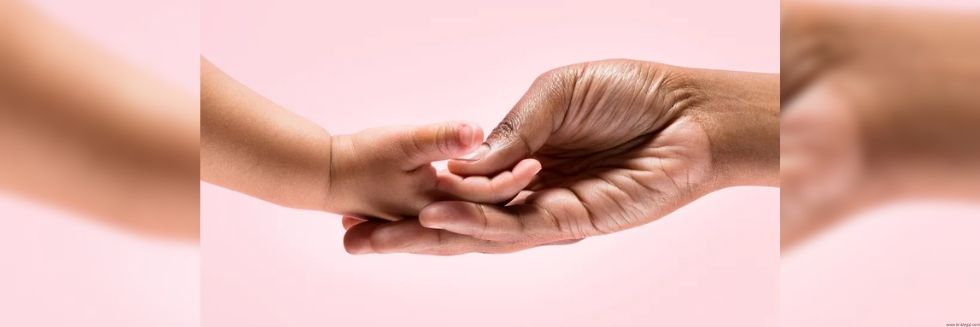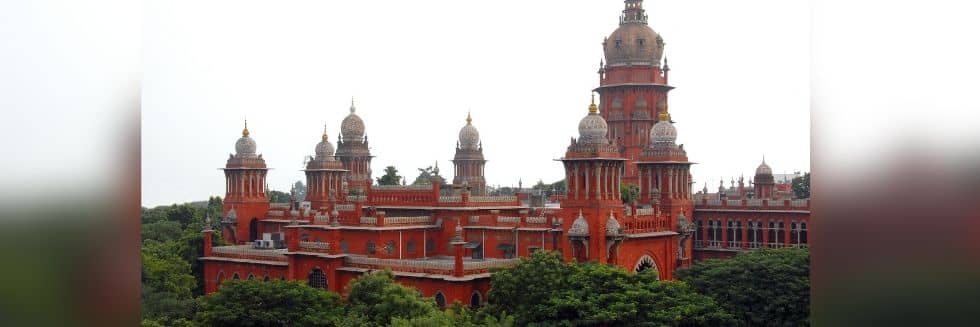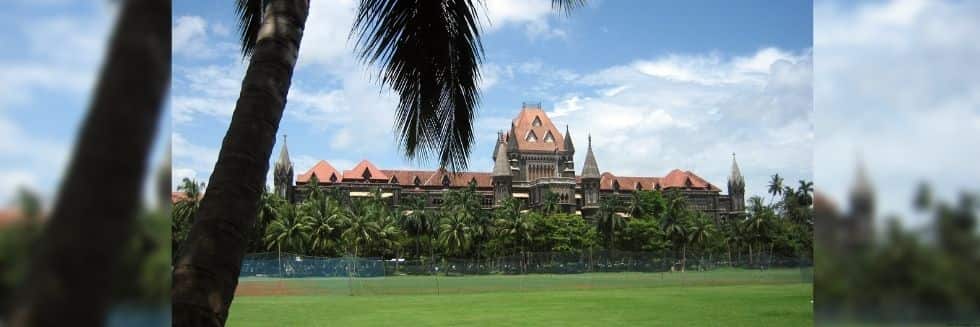In a significant observation, the Supreme Court noted the mere fact that a wife died under unnatural circumstances in her matrimonial home within seven years of marriage is insufficient to convict the husband of dowry death.
“Mere death of the deceased being unnatural in the matrimonial home within seven years of marriage will not be sufficient to convict the accused under Section 304B and 498A IPC,” the bench stated.
The apex court bench comprising Justice AS Oka and Justice Rajesh Bindal set aside the appellant’s conviction and sentence under Section 304B, Section 498A and Section 201 of the Indian Penal Code which was imposed by the Trial Court and Uttrakhand High Court upheld the same.
The appellant was convicted by the Trial Court and sentenced to undergo 10 years of rigorous imprisonment under Section 304B, 2 years under Section 498A and 2 years under Section 201 IPC. However, the High Court later decreased the sentence for the conviction under Section 304 to 7 years.
The appellant and the deceased got married in 1993 and were residing together in the matrimonial home. The father of the deceased filed a police complaint in 1995 alleging dowry death. He mentioned all the details about dowry demands made by the in-laws of his daughter.
In his complaint, the father claimed that her husband, her mother-in-law and brother-in-law thrashed and strangulated her to death. The police filed a chargesheet against all three accused and the Trial Court convicted them under Section 304B, Section 498A and Section 201 of the Indian Penal Code.
Uttrakhand High Court set aside the conviction and sentence of the mother-in-law and brother-in-law while acquitting them of all the charges. The court reduced the sentence of the appellant under Section 304B from 10 years to 7 years.
The Court observed that the conviction of the appellant under Sections 304B and 498A IPC gave rise to the presumption of dowry death within seven years of marriage.
After analyzing Sections 304B, 498A IPC, Section 113B of the Indian Evidence Act, and judgments related to dowry death, the Court decided to investigate if the presumption could be made against the appellant and if the burden of proof could be shifted to him.
It was observed that although the parents of the deceased were not present during her cremation, her maternal grandmother and two maternal uncles were present, yet they did not raise any concerns or inform the police. In cases of dowry death, cruelty and harassment should have occurred soon before the death. However, the father of the deceased did not mention anything about dowry demands being raised immediately before her death.
All the instances of dowry demands cited by the father of the deceased were quite old. The Court found that none of the prosecution witnesses mentioned any cruelty or harassment of the deceased by the appellant or his family members on account of dowry. Only allegations of demands for motorcycle and land made much before the death were presented in the case.
“The aforesaid evidence led by the prosecution does not fulfil the pre-requisites to invoke presumption under Section 304B IPC or Section 113B of the Indian Evidence Act. Even the ingredients of Section 498A IPC are not made out for the same reason as there is no evidence of cruelty and harassment to the deceased soon before her death,” the bench noted.
